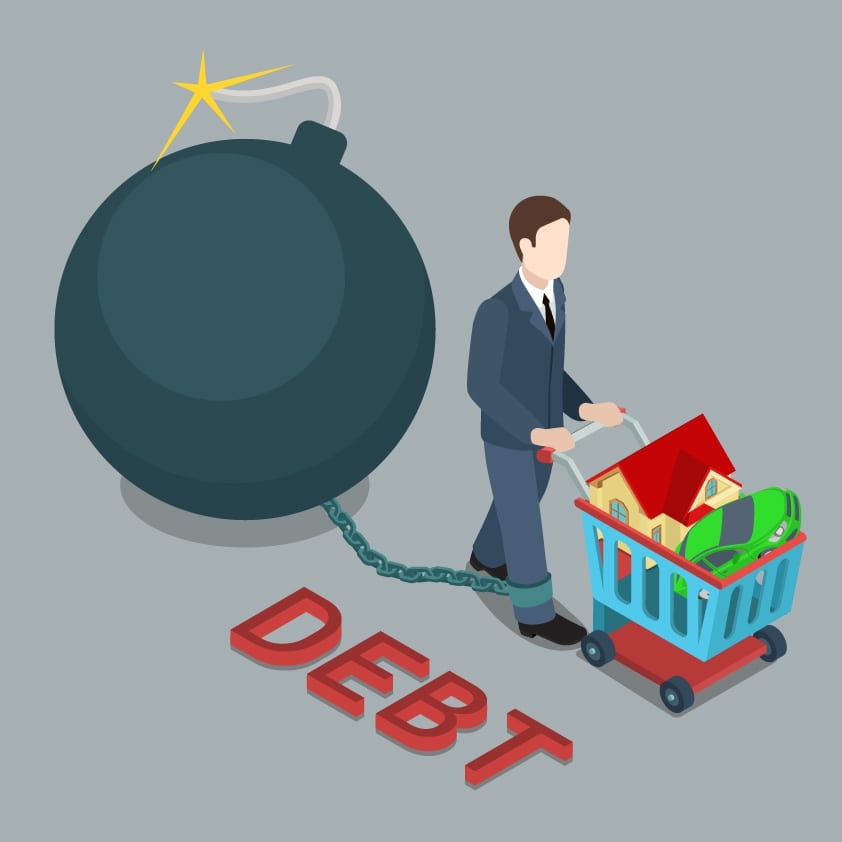
The Fair Debt Collection Practices Act (FDCP) protects consumers from wrongful debt collection practices. Unfortunately, third-party collectors continue to violate the law in many ways and violate debtors’ rights. In fact, in 2018, the Federal Trade Commission (FTC) logged 84,500 complaints about debt collection practices, many of which involved violations of the law.
The following are some ways that debt collectors might violate the FDCP. If you believe you have experienced unlawful collections, contact an unfair debt collection lawyer in Los Angeles directly.
Collecting debts you do not owe – If a collector contacts you about a debt that is not yours, you have the right to request verification of the debt within 30 days, as well as request that collection attempts stop. Collectors often continue to make collection attempts even if they fail to verify the debt is yours.
Not providing written notice – Collectors must send written notice about the debt within five days of first contacting you. This notice must contain certain information, though sometimes, collectors send inadequate notice letters or no letters at all.
Wrongful communication – When a collector’s tactics become harassing, or they call too early in the morning (before 8 a.m.) or late at night (after 9 p.m.), they are violating your rights under the law.
Threatening legal action – Third-party collectors cannot threaten to file a lawsuit, wage garnishment, or criminal prosecution unless they actually have the right to take that particular action. They also cannot threaten to reveal your debt to family members, employers, or other parties.
Contact an Unfair Debt Collection Lawyer in Los Angeles Today
The above are only some possibly unlawful collection tactics that are, unfortunately, common despite the law. If you would like to speak with a Los Angeles debt collection attorney, call Martin & Bontrager, APC, at 323.940.1700 or contact us online



